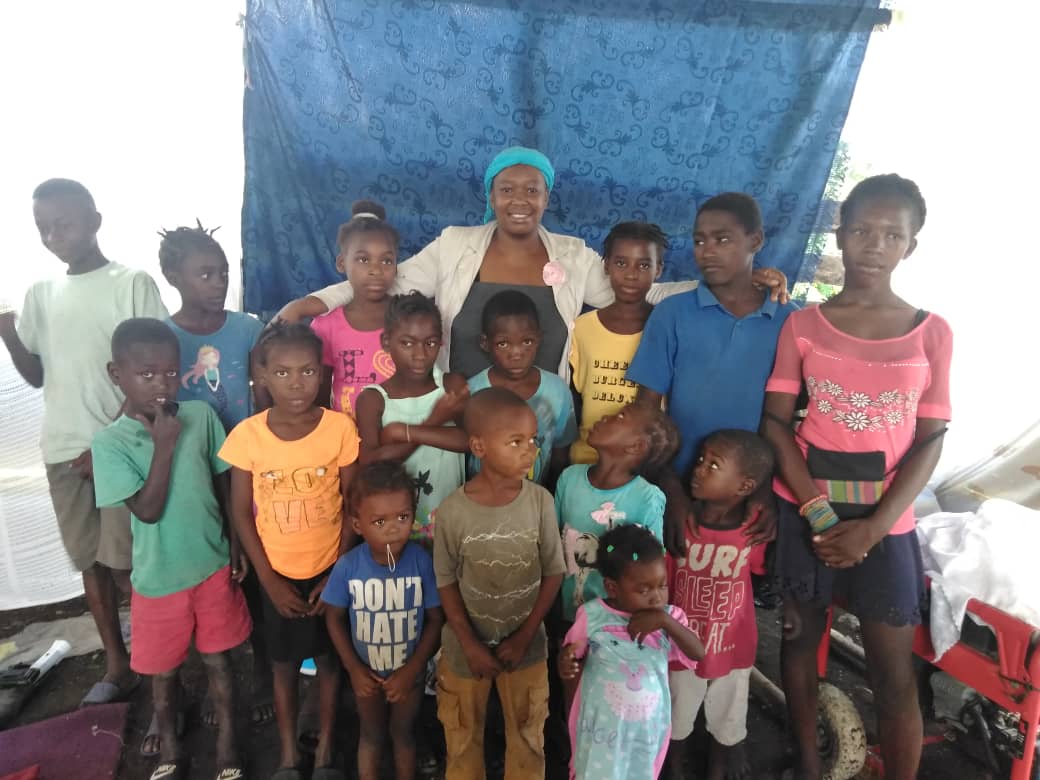|
Getting your Trinity Audio player ready...
|
About Canot
Canot is a small community situated in the heart of Haiti with a population exceeding 1,500 residents. The region is agriculturally productive, with rice, peanuts, and mangoes as primary crops. The community’s water needs are primarily met by spring water, as there is no access to potable water.
Problem Statement
Canot faces significant sanitation challenges. There are no dedicated sanitation facilities, leading each family to dig their own latrine. During the rainy season, these latrines overflow, contaminating rivers and springs with fecal matter. This contamination poses severe health risks due to the spread of waterborne diseases.
The Impact of Poor Sanitation
The lack of proper sanitation facilities in Canot has far-reaching consequences:
Health Risks: The overflow of latrines during the rainy season leads to the contamination of water sources, resulting in the spread of diseases such as cholera, diarrhea, and dysentery. These diseases are particularly harmful to children and the elderly, often leading to severe illness and even death.
Economic Burden: Frequent illnesses decrease the productivity of the community, as individuals are often too sick to work. This, in turn, affects agricultural output and the overall economic stability of Canot.
Environmental Degradation: Contaminated water sources not only affect human health but also harm the local ecosystem. Polluted rivers and springs disrupt the natural balance, impacting local wildlife and agricultural sustainability.
Civitas International’s Intervention
Civitas International recognizes the urgent need for a sustainable solution to Canot’s sanitation crisis. Their comprehensive plan focuses on several key areas, led by regional director Occeant Jeantand and his dedicated team:
Constructing Sanitation Facilities:
Community Latrines: Under the leadership of Occeant Jeantand, the team is building communal latrines with proper waste management systems to prevent overflow and contamination.
Education on Hygiene: Conducting workshops and training sessions to educate residents on proper hygiene practices and the importance of using designated sanitation facilities.
Water Purification and Distribution:
Clean Water Access: Installing water purification systems to ensure that all residents have access to safe drinking water.
Rainwater Harvesting: Developing rainwater harvesting systems to provide an additional clean water source, reducing reliance on contaminated springs.
Health and Hygiene Education:
School Programs: Integrating health and hygiene education into the local school curriculum to teach children the importance of sanitation from a young age.
Community Outreach: Organizing community-wide campaigns to raise awareness about the dangers of poor sanitation and the benefits of maintaining a clean environment.
Agricultural Support:
Sustainable Farming Practices: Promoting sustainable agricultural practices that protect water sources and enhance soil health.
Crop Diversification: Encouraging crop diversification to improve food security and reduce economic dependency on a few primary crops.
Long-Term Vision
Civitas International’s vision for Canot extends beyond immediate sanitation improvements. By addressing the root causes of poor health and economic instability, they aim to create a self-sustaining, resilient community. Key aspects of their long-term vision include:
Economic Empowerment: Providing microfinance opportunities and vocational training to empower residents, particularly women, to start small businesses and improve their economic standing.
Infrastructure Development: Collaborating with local and international partners to improve infrastructure, including roads, schools, and healthcare facilities.
Environmental Conservation: Implementing conservation projects to protect natural resources and promote environmental sustainability.
By tackling Canot’s sanitation issues and promoting a holistic approach to community development, Civitas International, led by Occeant Jeantand and his team, is paving the way for a healthier, more sustainable future for the residents of Canot. This initiative not only addresses immediate health concerns but also fosters long-term resilience and prosperity, ensuring that Canot can thrive for generations to come.




